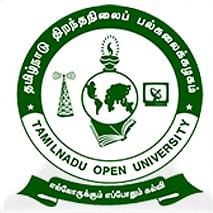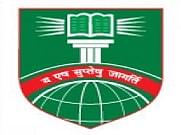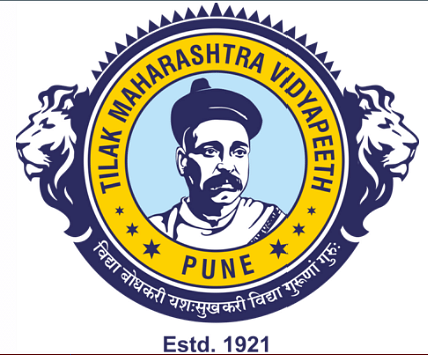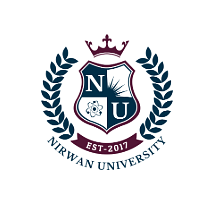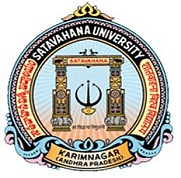B.Com
in Managing Customer Relationship: Admission, Eligibility, and Syllabus
Introduction
The Bachelor of Commerce B.Com in Managing Customer Relationship is a
specialized undergraduate program that equips students with the knowledge and
skills needed to effectively manage customer relations in various business
environments. This program is increasingly popular as businesses recognize the
importance of customer relationship management (CRM) in sustaining growth and
competitiveness. In this blog, we will discuss the admission process,
eligibility criteria, and syllabus for B.Com in Managing Customer Relationship,
highlighting key aspects of the program.
Admission Process
Admission B.Com in ManagingCustomer Relationship program typically follows a straightforward process.
Here’s a detailed overview:
1. Application
Form: Candidates must fill out an application form available on the
respective college or university’s website. This form collects essential
information such as academic background, personal details, and contact
information.
2. Eligibility
Verification: Once the application is submitted, the admissions
committee verifies the eligibility of the candidates based on their academic
qualifications and other criteria.
3. Entrance
Exam: Some institutions may require candidates to appear for an
entrance exam. These exams assess the candidate's aptitude in subjects relevant
to commerce and customer relationship management.
4. Interview:
Shortlisted candidates may be called for a personal interview. This step helps
the admissions committee gauge the candidate's communication skills,
motivation, and suitability for the program.
5. Final
Selection: Based on the performance in the entrance exam and
interview, along with academic records, the final list of selected candidates
is prepared. Successful candidates receive admission offers, which they need to
accept within a stipulated time.
Eligibility Criteria
The eligibility B.Com in Managing Customer Relationship program can
vary slightly between institutions. However, the general requirements are as
follows:
1. Educational
Qualification: Candidates must have completed their 10+2 (or
equivalent) examination from a recognized board with a minimum percentage
(usually around 50-60%) in aggregate. Commerce background is often preferred
but not mandatory.
2. Subject
Requirements: While most institutions do not have strict subject
requirements, having studied commerce-related subjects like Economics, Business
Studies, and Accountancy can be advantageous.
3. Age
Limit: There is usually no upper age limit for admission to this
program. However, candidates must have completed their 10+2 education by the
time of admission.
4. Entrance
Exam: As mentioned earlier, some universities may require an entrance
exam. Candidates need to check specific requirements of the institutions they
are applying to.
Syllabus Overview
The syllabus for B.Com in Managing Customer Relationship is designed
to provide a comprehensive understanding of commerce and specialized knowledge
in customer relationship management. The curriculum typically spans three
years, divided into six semesters. Here’s a broad overview of the subjects
covered:
Semester 1 & 2
- Financial Accounting:
Introduction to financial accounting principles, accounting cycle, and
preparation of financial statements.
- Business Organization and Management:
Concepts of business organization, management principles, and
organizational behavior.
- Microeconomics: Basic
economic principles, market mechanisms, and consumer behavior.
- Business Communication:
Effective communication skills in a business context, including writing,
presentations, and interpersonal communication.
- Environmental Studies:
Understanding environmental issues and their impact on business and
society.
Semester 3 & 4
- Cost Accounting: Methods
of costing, cost control, and cost analysis.
- Marketing Management:
Fundamentals of marketing, market research, and consumer behavior.
- Macroeconomics: National
income, economic policies, and international trade.
- Corporate Accounting:
Advanced accounting topics related to corporations, including share
capital and debentures.
- Customer Relationship Management:
Introduction to CRM, CRM strategies, and technologies used in managing
customer relationships.
Semester 5 & 6
- E-commerce: Basics of
e-commerce, online business models, and digital marketing strategies.
- Human Resource Management:
Recruitment, training, performance management, and employee relations.
Financial Management: Financial planning, capital structure, and
investment analysis.





